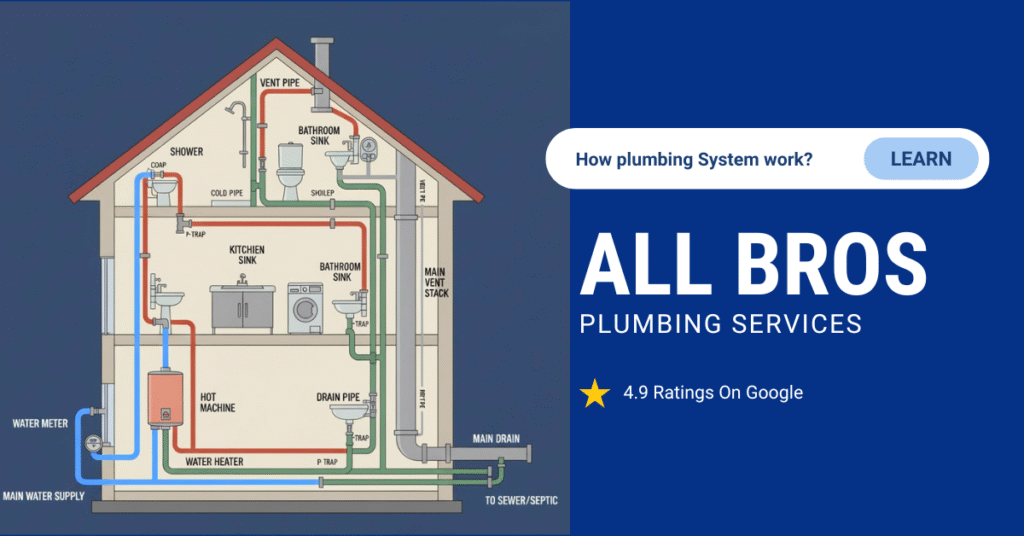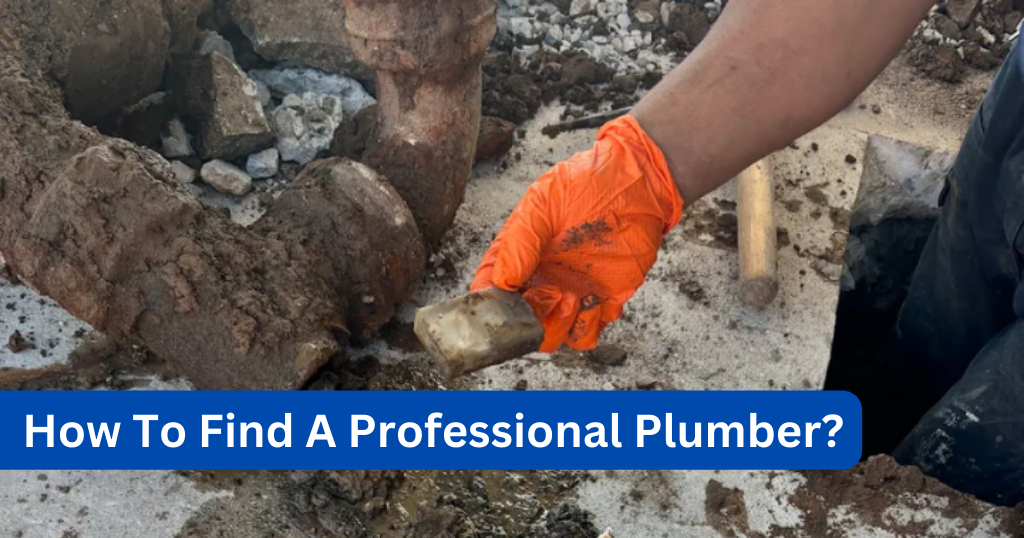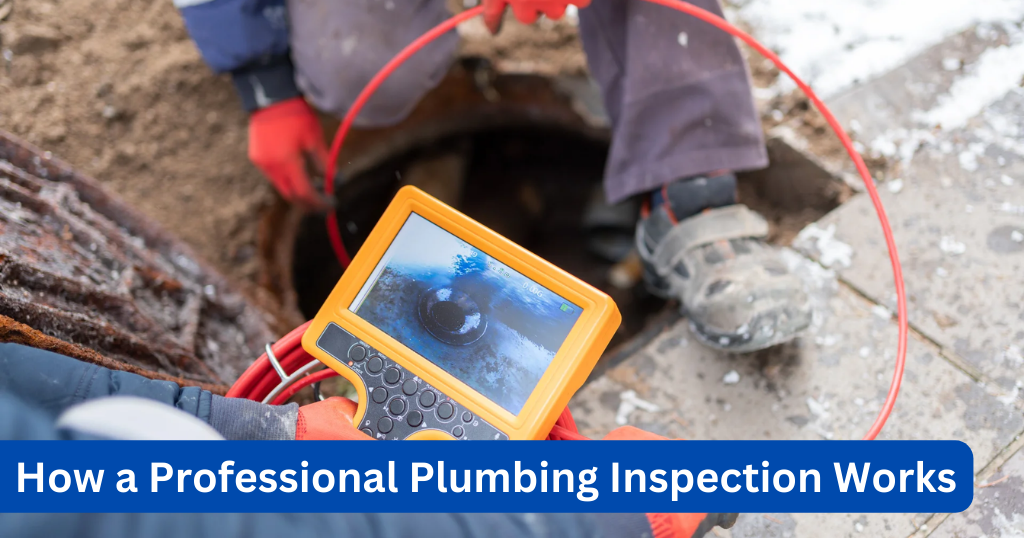A home plumbing system works through two main parts. The water supply system and the drainage system. The water supply brings clean, pressurized water into your home through pipes connected to your main line or well.
The drainage system, called the Drain-Waste-Vent (DWV) system, uses gravity and vents to safely remove wastewater and sewer gases. Together, these systems keep water flowing in and out efficiently, ensuring clean water access and proper waste removal in every room of your home.
Let’s dive in and understand the mechanism of the system bringing fresh water into the home and waste water out while answering the question how a home plumbing system works?.
How Water Supply And Pressure Regulate In Your Home

Water enters your home through underground pipes from a municipal or private well. It first passes a water meter to record your consumption, then to the main valve. The plumbing system inside your home consists of copper, PEX, and PVC pipes, and water flows from these pipes.
Copper has high strength but also high cost; PEX allows cost efficiency, is easy to set up, and is also great for renovation; PVC is mainly for drainage and venting. Smart pipe choice affects system lifespan.
The heater uses gas or electricity to convert cold water into hot water and supplies it to you on demand, becoming a source of daily comfort for showers and cleaning. Regular maintenance helps in excellent performance
How to solve the water pressure problem? Things to note..
Efficient water pressure is required for activities such as showering or washing dishes. Low pressure is likely to yield weak flow, whereas high pressure is predicted to destroy pipes. Read on to monitor and troubleshoot
- Check the main supply valve if you notice a general pressure reduction.
- Identify and fix the leaks or clogs if one tap or drain is not functioning properly
- Make a routine for maintaining the plumbing system to avoid great loss.
If the problem gets out of control, immediately call professional plumbers who can fix it quickly and safely without causing further damage.
Types of Plumbing Pipes Most Commonly Encountered and How They Are Utilized
Getting knowledge of the pipes within your own home may help in understanding repairs or enhancements:
- PVC: Common, affordable pipe for drains and vents, but not suitable for hot water lines.
- PEX: This material is flexible and perfectly resists corrosion, but needs special connectors for supply lines.
- Copper: It is durable and consistent for hot and cold water, typically in upgrades, but is more costly.
The Role of the Plumbing Vents and the Home’s Ventilation

Plumbing vents offer a way for sewer gases to vent out and for air pressure equalization in drain pipes, which maintains the free flow of wastewater. Sluggish drains, gurgling, and odors are results of improper venting.
Vent inspection may be required if you notice these.
- If your sinks or toilets drain slowly and you hear gurgling sounds, it indicates poor airflow caused by a blocked vent.
- Persistent unpleasant smells near drains or fixtures can mean sewer gases are trapped because the vent isn’t working correctly.
- If your toilet flushes weakly, overflows, or water backs up in other fixtures, a clogged or damaged vent might be the cause.
- Bubbles coming up in sinks or tubs when draining are signs of air pressure issues from vent blockages.
Tips for Home Safety from Vent Problems
- Regularly inspect roof vents for debris or nests and clear obstructions.
- Keep vent openings free from leaves, ice, or snow.
- Schedule annual professional inspections to detect hidden issues early.
- Fix slow or gurgling drains often to prevent worsening problems.
- Avoid sealing or covering vent openings with landscaping or structures.
To better understand how your home plumbing system works and keep it in top condition, read our detailed guide on How a Professional Plumbing Inspection Works.
How Hot Water Systems Work
Water heaters warm and retain water using gas or electricity (tank or tankless systems). They deliver hot water on demand throughout your home. Take care of them regularly to keep them efficient and increase their life expectancy.
Taps and Toilets: How They Work and How to Care for Them
Taps are also of a different type. Compression taps are susceptible to wear in their washers, but washerless versions with smoother action are now more common. Toilets rely on gravity and drainage to effectively discharge the waste. Understanding them makes you understand symptoms such as leaks or a faulty flush.
Tips to Care for Your Taps and Toilets
- Inspect taps and toilets to catch drips early, preventing water waste and damage.
- For compression taps, replace washers promptly to stop leaks.
- Removing mineral build-up from tap aerators keeps water flow smooth.
- Use safe methods to clear clogs to protect your pipes and valves.
- Replace worn flappers in the toilet tank to prevent leaks and phantom flushes.
- Regular cleaning prevents mineral deposits that can clog holes under the rim, maintaining flush power.
Drainage and Sewer Systems
Gravity drives your drainage system. It moves wastewater from sinks, showers, toilets, and other fixtures to sewer systems to the city’s sewer lines or private tanks. It carries away excess water, such as rainwater and meltwater.
Vent pipes ensure a balance of air pressure and protect your home from leakage of harmful gases and sewer odors. Cleaning and checking regularly can help to avoid blockages and bad odors.
How to Prevent Water Pressure Problems with Regular Maintenance?
Pressure-balanced water is safe for your pipes and improves fixture function. Low and high pressures both have reasons and solutions. All Bros plumbing experts can test and adjust water pressure and help you to keep your system well cared for before a problem arises.
Conculsion
Understanding how your plumbing system works is helpful but fixing it safely and correctly takes a licensed professional plumber. Small mistakes can turn minor leaks into costly damage. That’s why residents trust All Bros Plumbing for expert diagnosis, fast repairs, and long-term solutions. Furthermore, our local certified plumbers handle it all with precision and care.
If you’ve noticed any plumbing issues at home, don’t think too much. Book your plumbing services today and let our trusted team keep your home running safely.
Frequently Asked Questions
What is the perfect time to check and replace plumbing pipes?
It is recommended to check pipes every 2-5 years. Copper pipes have a lifespan of 50-70 years, and PVC normally has a lifespan of 25-40 years. Replacement would be based on wear and water condition.
Can All Bros Plumbers solve all plumbing faults?
Yes! All Bros Plumbing solves all plumbing faults safely. quickly and perfectly, which leads to excellent results
What steps can I take to protect my pipes from freezing in cold weather?
Protect open pipes with wrap, remove hose attachments, and allow gentle water flow from the taps to prevent freezing in cold conditions.


